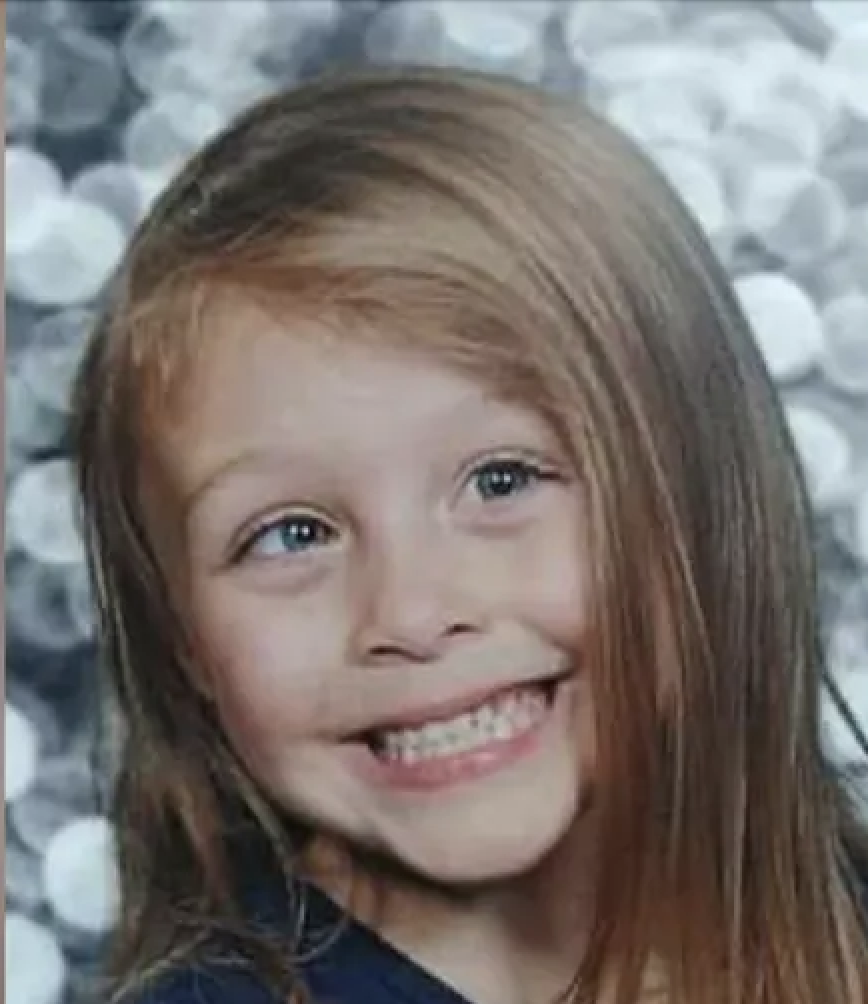New DCYF Committee Puts Focus on Due Process for Parents

With the state riveted by the tragic and gruesome details coming out in the Harmony Montgomery murder trial, a child who was failed by the Division of Children, Youth & Families (DCYF), a new legislative special committee is getting started.
But the House Special Committee on the Division for Children, Youth and Families, announced Wednesday by Speaker Sherman Packard (R-Londonderry), isn’t looking at how to better protect children like Harmony who’ve fallen through the cracks. Instead, according to an announcement from the speaker’s office, the bipartisan committee “is charged with considering all matters on due process and practices concerning DCYF.”
The news creates a jarring juxtaposition with the news from the Manchester courtroom where Adam Montgomery is on trial for allegedly murdering his 5-year-old daughter, Harmony, and then hiding her body for months before he threw out her remains. It’s a terrible story that might have played out differently, critics say, if DCYF child protective policies had been more assertive.
Adam Montgomery’s uncle, Kevin Montgomery, called DCYF in July 2019 to report Harmony had been assaulted. According to testimony at the trial, Adam Montgomery gave his child a back eye so severe it changed the profile of her face.
“I beat the dog sh*t out of her,” Adam Montgomery allegedly told his uncle.
Former Child Protection staffer Demetrios Tsaros was assigned to investigate the abuse report, and he testified this week he went out to the Manchester home to make contact on July 29. As he was getting to the home, Tsaros said he saw Adam Montgomery and Harmony get into a car and drive away.
Tsaros guessed he was 30 to 40 feet away from Adam Montgomery and Harmony when he saw them for a matter of seconds.
Tsaros was able to get Adam Montgomery on the phone three days later and set up an appointment to see the girl a week out, Tsaros testified. Adam Montgomery claimed the children in the home were sick and could not be seen on Aug. 1.
By the time Tsaros was finally in the same room as Harmony, it was Aug. 7, and she had no black eye. Tsaros testified the girl had a red mark on her face and some redness in one of her eyes. Adam Montgomery claims the eye injury was from a play-related accident with her step-brothers.
Adam Montgomery is accused of beating Harmony to death months later, on Dec. 7, 2019. Tsaros ended up leaving DCYF in 2021 and is now a postal worker.
The new committee chair, Rep. Leah Cushman (R-Weare), has long championed parents who claim their constitutional rights were violated by DCYF. Last year, she solicited stories to help foster that case for the committee.
“Have you or someone you know had your constitutional rights of due process violated by the Department of Children and Family Services?” Cushman wrote on Facebook. “I have received many such anecdotes from the people and would like to help. In order to help, I need your stories.”
Cushman did not respond to calls and a text seeking comment, nor did other members named to the committee, like Rep. Lucy Weber (D-Walpole), Rep. Pat Long (D-Manchester), or Rep. Alicia Gregg (D-Nashua).
Cushman did provide a written statement in Packard’s press release, in which she does not make any specific allegations that any parents are having their due process rights, or any other rights, violated by DCYF.
“As representatives, we are here to listen to the issues our constituents face and, when possible, find solutions to mitigate their concerns. In this case, our committee is tasked with the important, non-partisan job of identifying – if any – deficiencies within the DCYF system as it relates to due process,” Cushman stated. “We will make recommendations to correct any deficiencies found, and if there are none, we will clarify that and see what needs to be done to alleviate the concerns raised.”
Packard’s announcement states the committee will hold hearings, gather testimony, and make recommendations for possible legislation.







